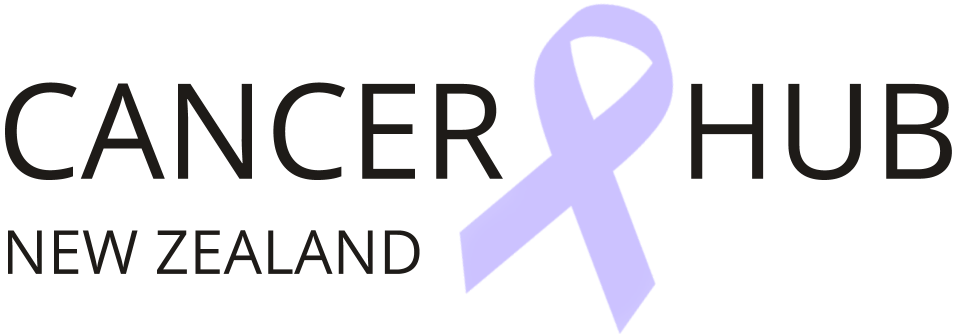In New Zealand, breast cancer is the second most common cancer in women after skin cancer. It can occur in men, women, and children, but it is rare in men and children. [NZ STATS – demographics]
The breast is made up of glands called lobules, which produce milk and thin tubes called ducts that carry the milk from the lobules to the nipple. Breast tissue also contains fat and connective tissue, lymph nodes, and blood vessels.
The most common type of breast cancer is ductal carcinoma, which begins in the cells of the ducts. Breast cancer can also begin in the cells of the lobules and in other tissues in the breast. Ductal carcinoma in situ is a condition in which abnormal cells are found in the lining of the ducts but they haven’t spread outside the duct. Breast cancer that has spread from where it began in the ducts or lobules to surrounding tissue is called invasive breast cancer. In inflammatory breast cancer, the breast looks red and swollen and feels warm because the cancer cells block the lymph vessels in the skin.
Key Points
- Breast cancer is a disease in which malignant (cancer) cells form in the tissues of the breast.
- A family history of breast cancer and other factors increase the risk of breast cancer.
- Breast cancer is sometimes caused by inherited gene mutations (changes).
- The use of certain medicines and other factors decrease the risk of breast cancer.
- Signs of breast cancer include a lump or change in the breast.
- Tests that examine the breasts are used to detect (find) and diagnose breast cancer.
- If cancer is found, tests are done to study the cancer cells.
- Certain factors affect prognosis (chance of recovery) and treatment options.
Coping During and After Treatment for Breast Cancer
You may have just learned that you have cancer. Or you may be in treatment, finishing treatment, or have a friend or family member with cancer. Having cancer changes your life and the lives of those around you. The symptoms and side effects of the disease and its treatment may cause certain physical changes, but they can also affect the way you feel and how you live.
The information in this section is meant to help you cope with the many issues and concerns that occur when you have cancer. There are resources available to help you learn about the disease and about the people who can help you. Know that you are not alone.
Cancer can bring up a wide range of feelings, whether you’re in treatment now, done with treatment, or a friend or family member. Learn tips for coping with the many emotions that arise with cancer.
Information that helps you and your family face life’s changes from cancer. Includes talking with your doctors, talking to children, changes for the family, and information on cancer support groups.
Cancer and its treatment can affect how you look and feel about yourself and your body. There are steps you can take to cope with body changes and issues related to sexuality and intimacy.
While dealing with cancer can be hard, there are actions you can take to adjust to your new way of life. Find tips for keeping up with your daily routine, going back to work, and finding comfort and meaning.
If you are helping your family member or friend through cancer treatment, you are a caregiver. Being a caregiver can be very stressful, but you can find ways to care for yourself while caring for others.
Many cancer survivors say that once treatment ended, it was hard to make a transition to a new way of life. Find out how to adjust to physical and emotional changes, deal with common family issues, and plan for follow-up care after treatment.
Questions to Ask Your Doctor about Cancer
Sets of questions, organized by topic, that cancer patients may want to ask their doctors or other members of their health care team to learn more about their cancer and what to expect.
Find research articles on coping with cancer, which may include news stories, clinical trials, blog posts, and descriptions of active studies.
More Information for Patients and Supporters
- Breast Reconstruction After Mastectomy
- Chemotherapy and You: Support for People With Cancer
- Radiation Therapy and You: Support for People With Cancer
- Coping with Cancer
- Questions to Ask Your Doctor about Cancer
- For Survivors and Caregivers
- Research on Coping with Cancer
